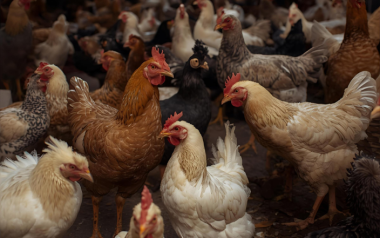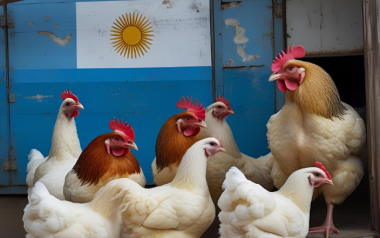25 Jul 2025
Philippines weighs impact of US trade deal on agriculture sector
Tariff-free US imports may reduce feed costs for poultry and livestock, but risks flooding markets with cheap meat, hurting local producers.
The Philippine agriculture sector is closely monitoring the outcome of the new trade with the US, amid questions over its long-term impact on agriculture, particularly on poultry and livestock.
Agriculture Secretary Francisco Tiu Laurel Jr said it is too early to judge whether Philippine agricultural exports will benefit. Competitors, he noted, are still negotiating for better terms.
Under the deal, US goods—including key farm inputs—can now enter the country tariff-free. Philippine exports to the US, however, will face a 19% tariff.
Cheaper feed vs market flooding
While export prospects remain unclear, the zero tariff on US agricultural imports could reduce costs for poultry and livestock production.
In 2024, the Philippines imported USD 1.36 billion worth of animal feeds and feed raw materials from the US—critical inputs for poultry and hog farmers.
However, Philippine Senate President Juan Miguel Zubiri voiced strong concerns over the agreement, arguing that it places the country at a disadvantage.
He believes the terms could severely undermine local producers, particularly in animal protein sector.
Mr Zubiri warned that allowing tariff-free entry of US poultry, meat, and corn may flood the local market with low-cost imports. This, he stressed, could lead to sharp declines in farm prices and pose serious threats to the survival of Filipino poultry and livestock farmers.
He cited 1.33 billion kg of meat already entering the market and forecast 1.75 million tons of corn next year, and urged the government to renegotiate fairer deals and protect Filipino producers.
Mr Zubiri also called for transparency on the US deal’s final terms to ensure it truly serves the country’s long-term interests.








































